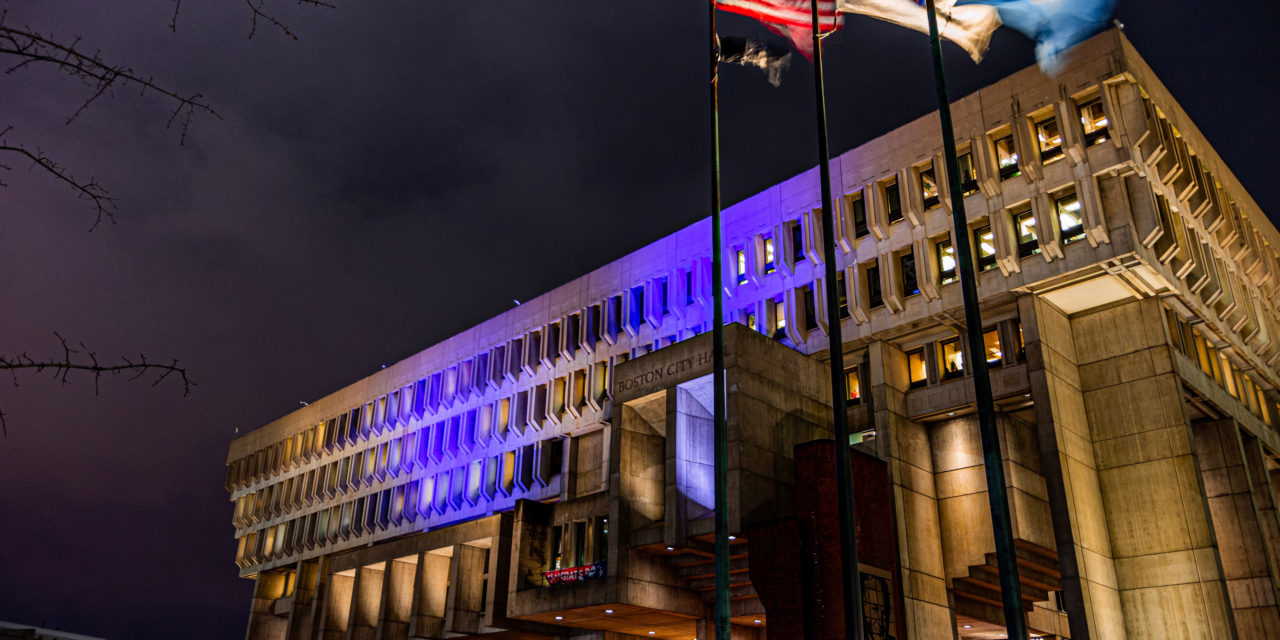The Satanic Temple, Inc., is back in the media spotlight again, hoping it can force the City Council of Boston to allow its members to offer “invocations” at its regular meetings, as part of the council’s custom involving local clergy and individuals offering a prayer or words of wisdom prior to the start of official business.
In a lawsuit it filed in a Massachusetts federal court, a judge recently ruled that the group could press ahead with its claims under the Establishment Clause of the First Amendment, as well as with a claim under the Massachusetts Constitution, while dismissing claims the group had filed based on First Amendment free speech grounds as well as equal protection provisions of the 14th Amendment.
As we’ve reported before, the Satanic Temple is basically a secularist organization with an anti-religious bent that also managed to snag an IRS tax-exempt status as a church. It is also a great supporter of abortion. What it really wants is not so much to advance Satan as a being everyone should worship, but to eradicate the influence of other religions from the public square. It loves to use shock and awe and images of Satan to gain publicity and attempt to intimidate Christians.
One of its favorite tactics is to demand inclusion of some satanic symbol along with other religious symbols that are allowed on government property, such as Ten Commandment monuments or Christmas displays.
In the Boston case, the group complained that the Abrahamic faiths – Christianity, Islam and Judaism – accounted for more than 87% of the prayers offered at city council meetings, and that it and other minority faiths were excluded. While the U.S. Supreme Court has ruled that in legislative prayer cases, the fact that certain religions end up being overrepresented does not violate the Establishment Clause, there must be no intent to exclude anyone.
Since the Boston City Council members personally choose people to pray, there is a possible question, the judge said, as to whether certain religions were being intentionally excluded. That’s why, at this preliminary stage of the litigation, the judge didn’t dismiss the Satanic Temple’s claim.
So how should Christians react to this situation? We know from news reports and facts alleged in the litigation that there was a public outcry when it was learned the group wanted to perform a “black mass” at Harvard University, and later that it wanted to offer invocations at city council meetings.
Should Christians demand that city councils across the land immediately stop the practice of allowing invocations and Christmas displays, in order to frustrate the demands of groups such as the Satanic Temple? That’s exactly what the group is hoping Christians will do. Groups like them often assume that Christians are a prickly lot, who will support a knee-jerk reaction such as banning all legislative prayers rather than recognizing that our constitutional scheme allows unpopular views to be expressed in the public square.
The Satanic Temple may still have difficulty prevailing in its lawsuit. Legislative prayer cases are fact-intensive, and courts look at every element of the government’s prayer policy. But win or lose, Christians should feel no threat from this claim. Our tradition of legislative prayer dates back to the first Congress, which hired chaplains to offer invocations at the start of each daily legislative session.
Our country will always be filled with diverse faiths, and many who claim no faith at all. Some perspectives will be hostile to the Christian faith, but that should never cause us as Christians to shrink back from hearing those views and responding with the Good News. The gospel message will always prevail.
Photo from RozenskiP / Shutterstock.com






